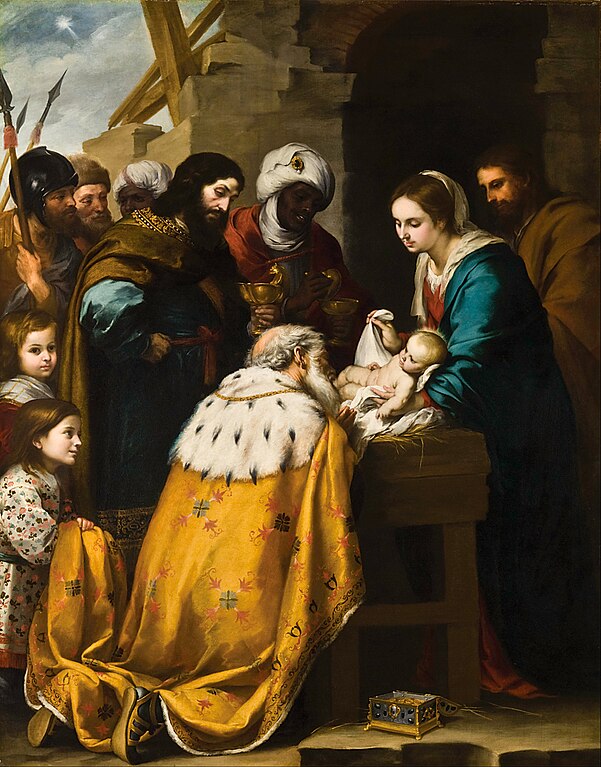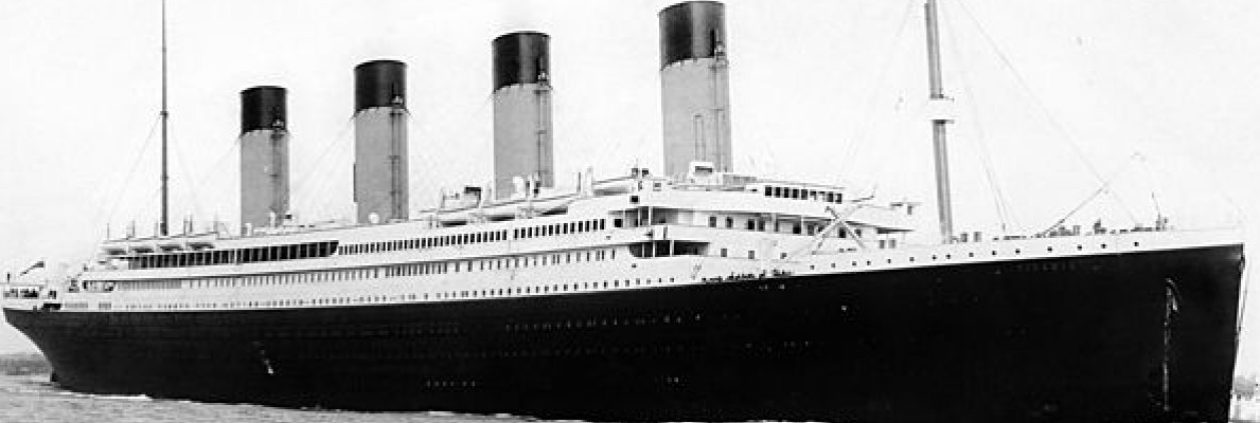
Bartolomé Esteban Murillo ((1617–1682)
Toledo Museum of Art
Public Domain
Epiphany or Three Kings Day is celebrated on January 6 by most Western Christian denominations. It is the day set aside to celebrate the arrival of the Three Wise Men in Bethlehem and the presentation of their gifts to Jesus. The Catholic Church decided to move its observance to the Sunday after Christmas so people would not have to take off work to attend mass. In 2021, since Christmas fell on a Saturday, it was celebrated the next day. However the traditional Twelve Days of Christmas are still in play.
Twelfth Day observances vary by country and some celebrate it on the evening before. Usually there are special celebrations involving foods and special cakes. If a Christmas log was lit for the season, it is now extinguished. King cake (a traditional part of the feast) is almost always present. Children often get gifts of candy or other things from the Wise Men. In Italy, the Christmas Witch La Belfana delivers gifts on Epiphany Eve to stockings children put up before bed. They awake to the delight of treats in the stockings. In Spain, it is celebrated as Dia de los Reyes (Three Kings’ Day) where families gather to celebrate the day.
One good way to celebrate it with the family is to gather before the nativity to remember what the holiday is all about. Christmas music should be played and a nice midday meal served. Then taking down the Christmas tree can be done together. The nativity scene can remain up until the Baptism of the Lord (Jan 9 this year) which ends the Christmas season.






